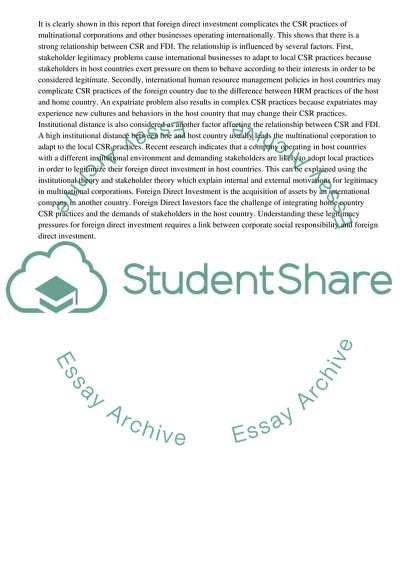Cite this document
(“Relationship between Foreign Direct Investment and Corporate Social Essay”, n.d.)
Relationship between Foreign Direct Investment and Corporate Social Essay. Retrieved from https://studentshare.org/business/1691448-critically-evaluate-the-above-statement-and-discuss-the-strategic-links-between-corporate-social-responsibility-csr-and-foreign-direct-investment-fdi
Relationship between Foreign Direct Investment and Corporate Social Essay. Retrieved from https://studentshare.org/business/1691448-critically-evaluate-the-above-statement-and-discuss-the-strategic-links-between-corporate-social-responsibility-csr-and-foreign-direct-investment-fdi
(Relationship Between Foreign Direct Investment and Corporate Social Essay)
Relationship Between Foreign Direct Investment and Corporate Social Essay. https://studentshare.org/business/1691448-critically-evaluate-the-above-statement-and-discuss-the-strategic-links-between-corporate-social-responsibility-csr-and-foreign-direct-investment-fdi.
Relationship Between Foreign Direct Investment and Corporate Social Essay. https://studentshare.org/business/1691448-critically-evaluate-the-above-statement-and-discuss-the-strategic-links-between-corporate-social-responsibility-csr-and-foreign-direct-investment-fdi.
“Relationship Between Foreign Direct Investment and Corporate Social Essay”, n.d. https://studentshare.org/business/1691448-critically-evaluate-the-above-statement-and-discuss-the-strategic-links-between-corporate-social-responsibility-csr-and-foreign-direct-investment-fdi.


